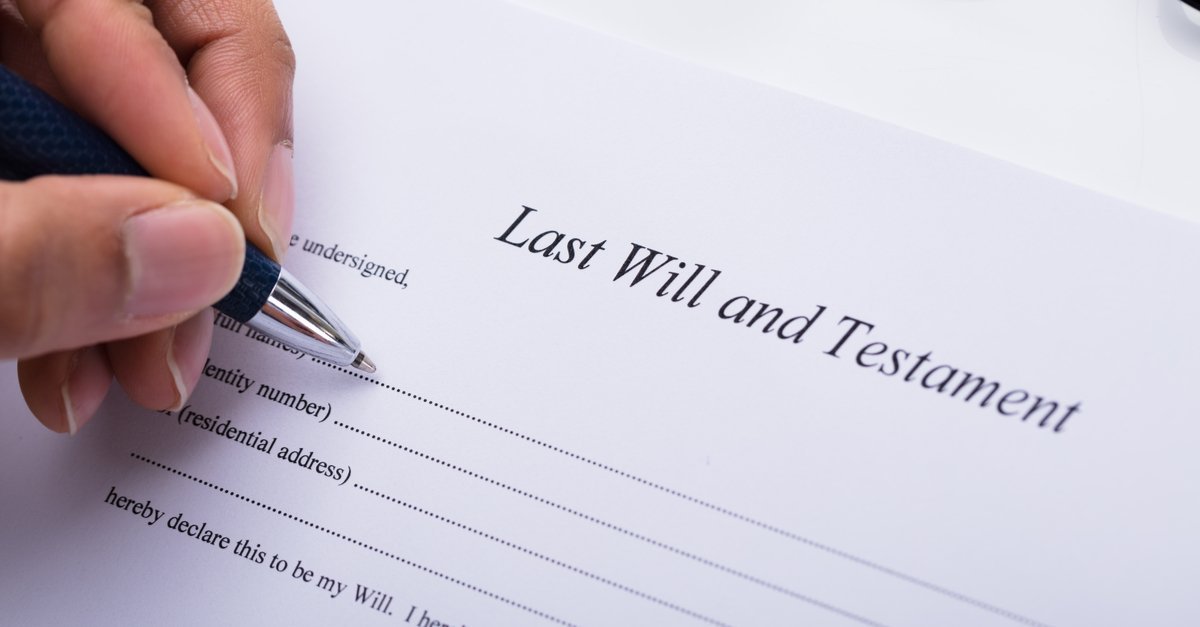
When building your estate plan, you must create numerous documents and make various decisions to ensure your wishes are clear and organized.
It’s essential to work with an estate planning attorney who is proficient in creating documentation that covers each intricate detail about your plan. Once you’re gone, these legal forms will act as your voice since you won’t be physically able to defend your belongings or choices.
A necessary reason to develop a plan that specifically discloses your decisions after death is to ease the pain and responsibility from your loved ones.
They are protected against making life-altering resolutions about how to distribute your possessions, express medical choices and avoid burdens regarding final financial issues. With the complex conclusions already decided, they can focus on grieving and celebrating your life.
The Association of Certified Professional Accountants recommends that every estate plan feature these completed and legally backed documents.
Last Will and Testament
Typically the most well-known planning document is one’s will. It’s an official explanation of how your belongings are disbursed and who should receive your assets. In this record, you should name the person who manages and settles the estate, otherwise, the court will appoint one for you.
Another consideration to make is who will be a legal guardian for minor children, as without a will, legal representatives will also make this decision for you.
Letter of Instruction
While a letter of instruction is informal and not legally required for your estate, it’s a compelling piece of literature that clearly states how you perceive your will. It can remain a private document that acts as a companion to your will and explains to the executor why you made certain decisions.
Durable Power of Attorney
You must appoint a durable power of attorney to protect your wishes and property if you become physically or mentally unable to handle financial affairs. They are responsible for managing aspects like paying everyday expenses, collecting benefits and staying on top of investments.
There are typically two types of DPOA:
- Immediate. A candidate is immediately responsible. They are critical if you are facing an illness or surgery.
- Springing. The other type of DPOA is not active until you become incapacitated.
Talk with your estate attorney about the better option, as in some states, a springing DPOA is not permitted.

